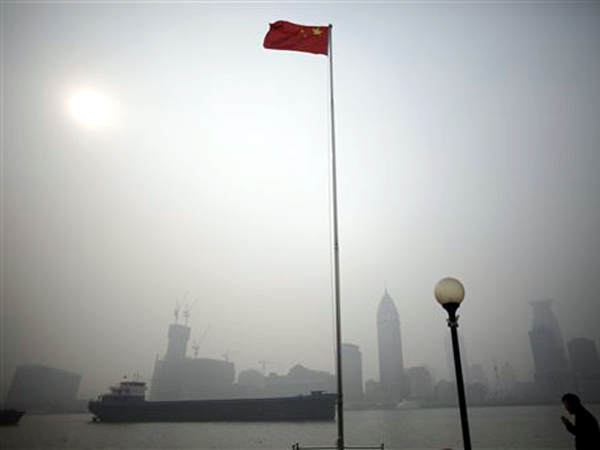UN panel: 8 reasons to worry about global warming
YOKOHAMA, Japan—If you have already read “12 Pieces of Practical Advice from Housecats,” now you can move on to “8 Reasons to Worry about Global Warming.”
A United Nations panel of scientists is joining the list craze with what they call eight “key risks” that are part of broader “reasons for concern” about climate change.
It’s part of a massive report on how global warming is affecting humans and the planet and how the future will be worse unless something is done about it. The report is being finalized at a meeting this weekend by the Intergovernmental Panel on Climate Change.
They assembled the list to “make it understandable and to illustrate the issues that have the greatest potential to cause real harm,” the report’s chief author, Chris Field of the Carnegie Institution of Science in California, said in an interview.
But a draft of the list — called by the acronym RFCs — includes science-heavy language, caveats and uses lowercase Roman numerals, for example using iv instead of 4.
Article continues after this advertisementA boiled-down version of what the scientists say the warmed-up future holds for Earth if climate change continues:
Article continues after this advertisement1. Coastal flooding will kill people and cause destruction.
2. Some people will go hungry because of warming, drought and severe downpours.
3. Big cites will be damaged by inland flooding.
4. Water shortages will make the poor even poorer in rural areas.
5. Crazy weather, like storms, can make life miserable, damaging some of the things we take for granted, like electricity, running water and emergency services.
6. Some fish and other marine animals could be in trouble, which will probably hurt fishing communities.
7. Some land animals won’t do much better and that’s not good for people who depend on them.
8. Heat waves, especially in cities, will kill the elderly and very young.
So far, the scientists haven’t come up with the next step, common on Facebook pages: The interactive quiz to determine which global warming problem you most resemble.
